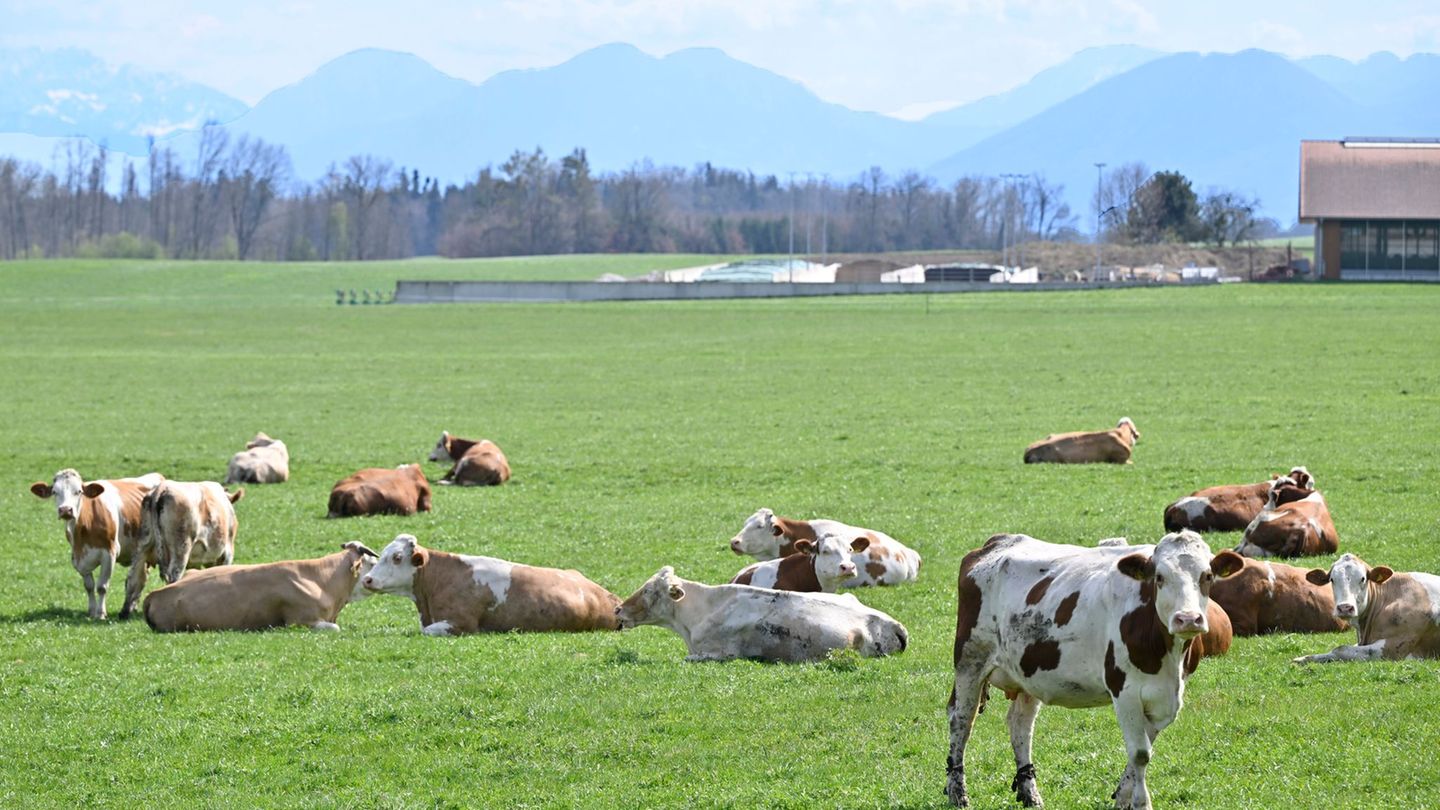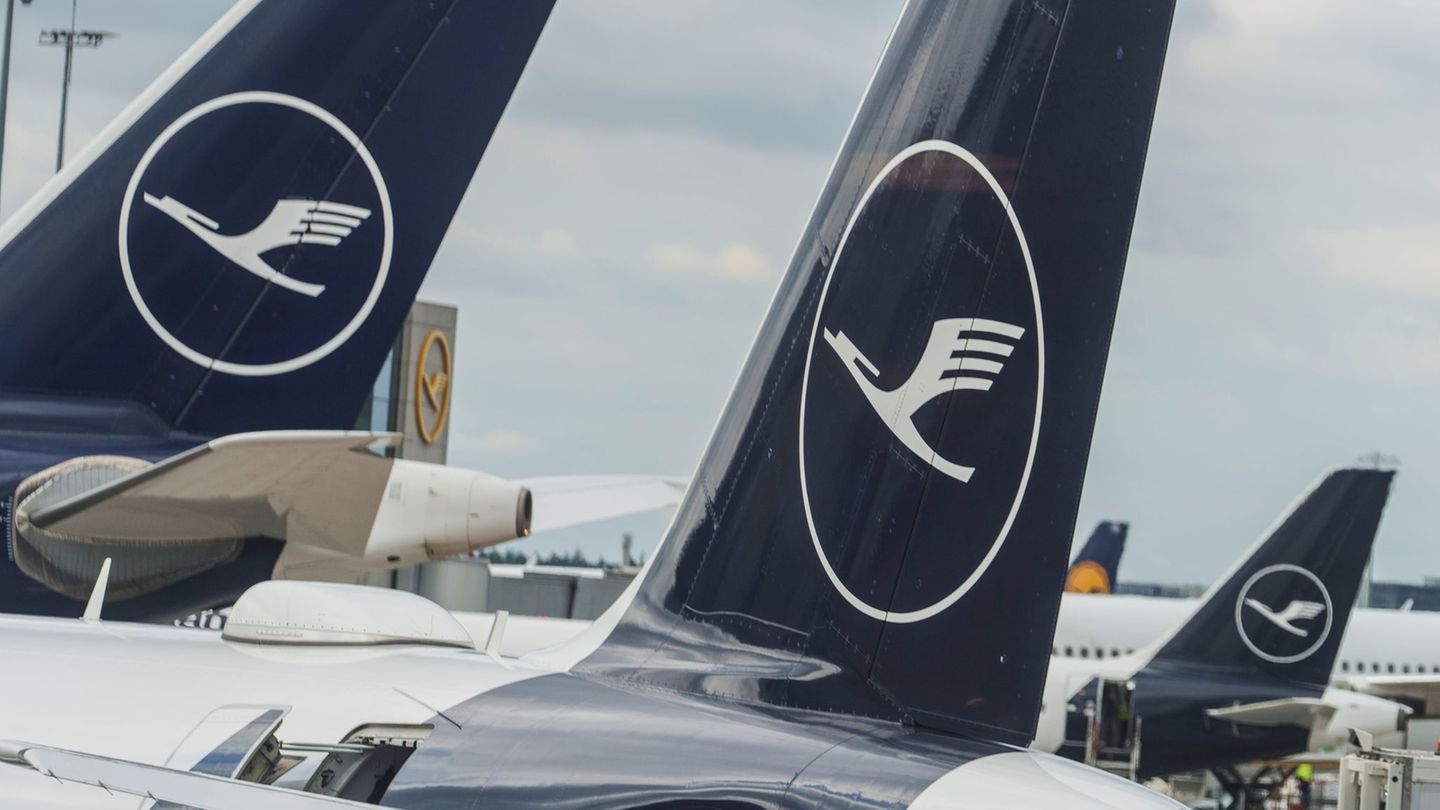Negotiators from the European Parliament and the EU states have agreed on new customs rules to the detriment of Ukraine. Federal Agriculture Minister Cem Özdemir welcomes the compromise.
Federal Agriculture Minister Cem Özdemir (Greens) welcomes an EU agreement on stricter customs requirements for certain foods from Ukraine. “I think the compromise is a smart compromise that brings together the interests of agriculture in the European Union on the one hand and the interests of Ukraine on the other,” Özdemir said at an informal meeting with his EU counterparts in Belgium.
The evening before, negotiators from the European Parliament and the EU states had agreed that tariffs would be due on larger quantities of poultry, eggs, sugar, oats, corn, semolina and honey from Ukraine in the future. Goods affected by the rules will then only be allowed to be imported into the EU duty-free up to a certain amount.
Agreement not yet finalized
The agreement still needs to be officially approved by the European Parliament and the EU states. The requirements should apply from June 6th for a period of one year. How much of a burden the tariffs will have on the Ukrainian economy also depends on whether the country attacked by Russia finds other buyers for its goods.
The background to the new measures is that the EU exempted Ukrainian goods from customs duties shortly after the start of Russia’s war of aggression on its neighboring country. This was intended to strengthen the country’s economy. The current customs relief for Ukraine will expire in the summer. If no new regulation is approved by then, the measure will end without replacement.
Farmers protested against duty-free imports
Support through tariff exemption is a thorn in the side of many farmers, especially in the east of the EU. They face disproportionate competition from cheap agricultural imports from Ukraine. Hungary advocated that in the future only a certain amount of Ukrainian wheat would be allowed to be brought into the EU duty-free. There were also voices from France calling for stricter customs rules.
Because of the resistance, an original deal was tightened again and the quantities that could be exported to the EU duty-free were reduced. According to EU estimates, the complete tariff exemption is worth 2.15 billion euros for Ukraine. The first compromise to reintroduce tariffs would have reduced this number by 240 million euros. Due to the reduction in the quantities exempt from customs duties, this number has now risen to an estimated 330 million euros.
Source: Stern




